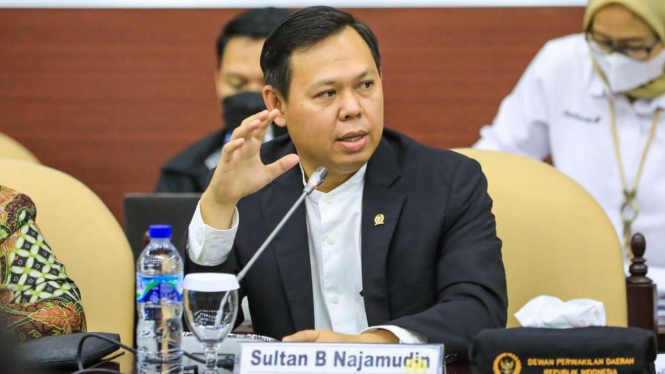Vice Chairman of Indonesian Regional Representative Council (DPD RI) Sultan B Najamudin suggested that the government of President-elect Prabowo Subianto should reorganize food institutions and strengthen state-owned companies engaged in the agricultural industry sector.
This was conveyed by the former Chairman of HIPMI Bengkulu to encourage increased productivity in the upstream food agriculture sector with low production costs.
He believes that there is a need for food institutions or state-owned enterprises that focus on production and the upstream sector of food agriculture, such as PT Shang Hyang Sri (SHS) and PT Pertani which are currently merged into the ID Food holding company.
“The existing ID Food or National Food Agency only focuses on logistics distribution or food supply chain. As a result, this food SOE holding only focuses on trading,” said Sultan through his official statement on Friday (26/4).
According to him, the current increase in production costs for rice and other food crops is partly due to the government’s lack of concern for the upstream agricultural sector, even though the government has increased fertilizer subsidies and other mechanization assistance to farmers.
“The Ministry of Agriculture and the Ministry of Industry need SOE partners who are tactical in production matters. We must learn how Thailand and Vietnam are able to increase rice production at a very low cost,” said the former Bengkulu Deputy Governor.
Furthermore, Sultan explained that Prabowo is a former chairman of the Indonesian Farmers Harmony Association (HKTI) and is currently entrusted to be the supervisor of HKTI.
Therefore, he believes that Prabowo has a vision of reorganizing agricultural institutions more effectively.
“So we hope that the government will not hastily increase the price ceiling on rice in the near future. Strategic food inflation is a serious threat to the economic resilience of the middle class,” he explained.
Head of the National Food Agency Arief Prasetyo Adi earlier opened the possibility that the highest retail price (HET) of rice would be raised in the near future.
Arief said that the decision to increase the price ceiling was to adjust to the increase in production costs such as fertilizer, labor, and farmers’ land rental costs.




